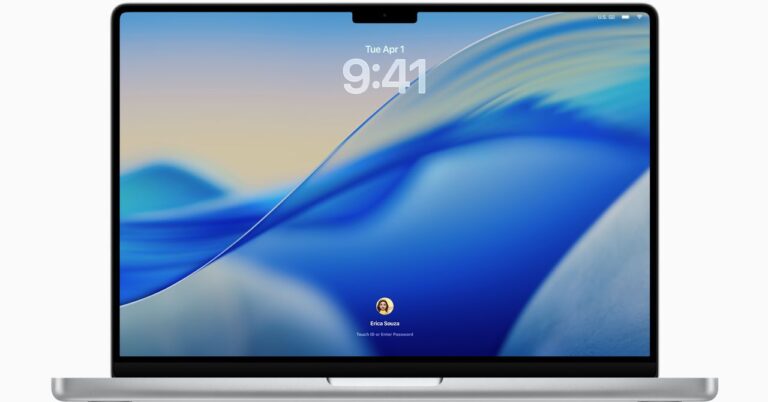Samsung is trying to figure out why it lost Pixel chip production, but we know why

TL;DR
- Samsung is “intensively analyzing” Google’s switch from Samsung to TSMC for Pixel chip production.
- The move apparently came as a “shock” to Samsung last month.
- TSMC is generally considered superior to Samsung when it comes to chip manufacturing.
Google has used Samsung to manufacture its Tensor smartphone chips since 2021, but the Pixel 10 series is widely tipped to be made by rival manufacturer TSMC. Now, Samsung is reportedly taking a closer look at this switch as part of a wider investigation into its flagging foundry business.
Korean outlet The Bell (h/t: Jukanlosreve) reports that Samsung is “intensively analyzing” Google’s switch from Samsung Foundry to TSMC for its future Tensor smartphone processors. The outlet added that this switch caused a “shock” inside and outside Samsung last month.
“Losing Google is a case that shows the complex problems of Samsung Foundry at once,” an industry source told the outlet. “I understand that there are many discussions and concerns going on internally as well.”
Why did Google make the switch?
The Bell cited several reasons for Google to jump ship, including lower yields at more advanced processes, a lack of semiconductor design resources, and increased competition between Google and Samsung’s smartphone arms.
We can also think of consumer-facing reasons why Google switched foundries too. Smartphone chips made by TSMC instead of Samsung Foundry have generally been cooler and more efficient, enabling better battery life and reducing heating. Meanwhile, Google’s Tensor-powered Pixel phones gained a reputation for running hot and offering mixed battery life. So switching Pixel chip production to TSMC could alleviate some of these issues.
It doesn’t sound like Samsung’s next-generation manufacturing process is going smoothly, either. The company is reportedly “struggling to proceed as planned” with the 2nm process. The company is tipped to use this process for the Exynos 2600, which might appear in the Galaxy S26 series.
In any event, I’m not sure whether Samsung was truly shocked by Google’s decision. We’ve known about this move for months now, so we’re sure Samsung must’ve known about it for even longer. However, news emerged last month that Google’s deal with TSMC could last until the Pixel 14. So it’s possible that Samsung was blindsided by news of this long-term agreement.





